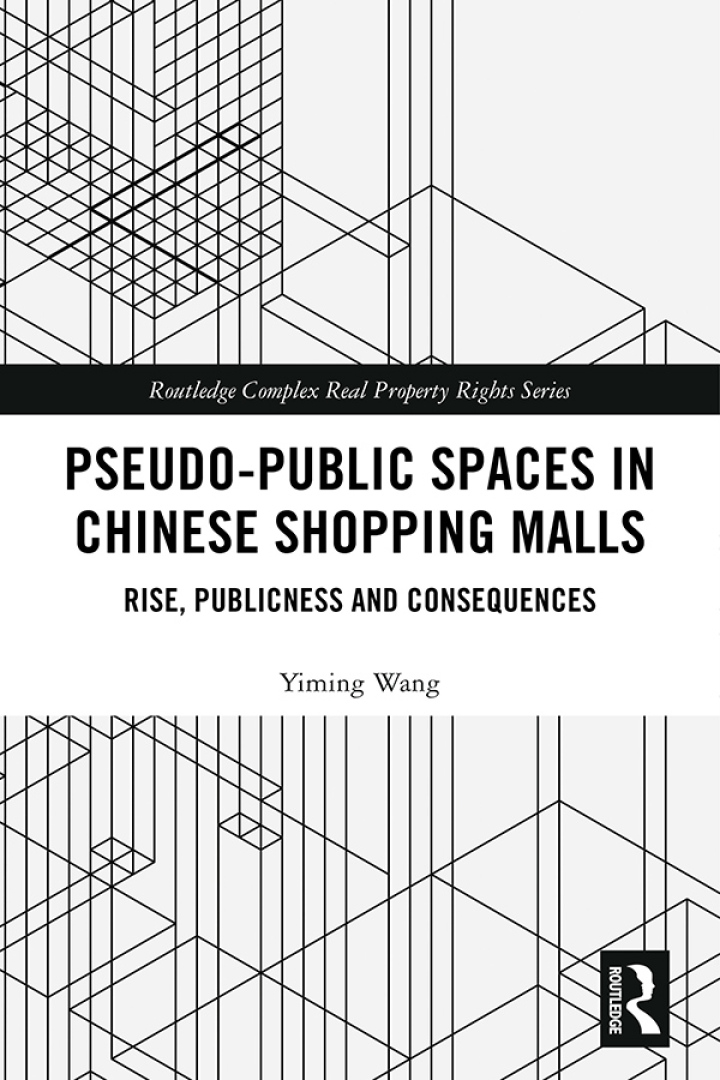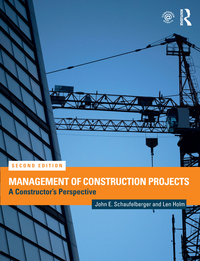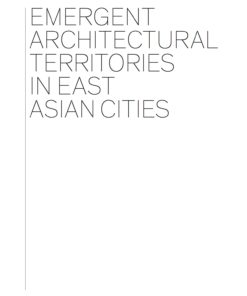Pseudo-Public Spaces in Chinese Shopping Malls: Rise, Publicness and Consequences eBook
$59.95 Original price was: $59.95.$19.00Current price is: $19.00.
-
Author(s): Yiming Wang
-
Publisher: Routledge
-
Print ISBN: 9780367197209, 0367197200
-
eText ISBN: 9780429515972, 0429515979
Delivery: Can be download immediately after purchasing. For new customer, we need process for verification from 30 mins to 12 hours.
Version: PDF/EPUB. If you need EPUB and MOBI Version, please send contact us.
Compatible Devices: Can be read on any devices
Shopping malls in China create a new pseudo-public urban space which is under the control of private or quasi-public power structure. As they are open for public use, mediated by the co-mingling of private property rights and public meanings of urban space, the rise, publicness and consequences of the boom in the construction of shopping malls raises major questions in spatial political economy and magnifies existing theoretical debates between the natural and conventional schools of property rights. In examining these issues this book develops a theoretical framework starting with a critique of the socio-spatial debate between two influential bodies of work represented by the work of Henri Lefebvre and David Harvey. Drawing on the framework, the book examines why pseudo-public spaces have been growing so rapidly in China since the 1980s; assesses to what degree pseudo-public spaces are public, and how they affect the publicness of Chinese cities; and explores the consequences of their rise. Findings of this book provide insights that can help to better understand Chinese urbanism and also have the potential to inform urban policy in China. This book will be of interest to academics and researchers in both Chinese studies and urban studies.
This is a digital product.
Additional ISBNs
9780429242823, 9781032177991
Pseudo-Public Spaces in Chinese Shopping Malls: Rise, Publicness and Consequences 1st Edition is written by Yiming Wang and published by Routledge. The Digital and eTextbook ISBNs for Pseudo-Public Spaces in Chinese Shopping Malls are 9780429515972, 0429515979 and the print ISBNs are 9780367197209, 0367197200. Additional ISBNs for this eTextbook include 9780429242823, 9781032177991.
Be the first to review “Pseudo-Public Spaces in Chinese Shopping Malls: Rise, Publicness and Consequences eBook” Cancel reply
You must be logged in to post a review.
Related products
Bestsellers
Trending












Reviews
There are no reviews yet.